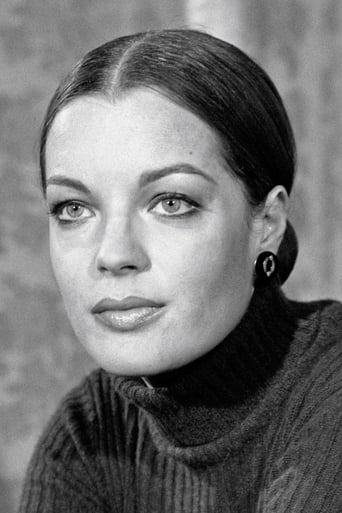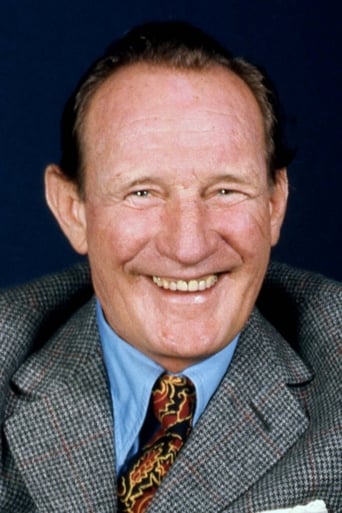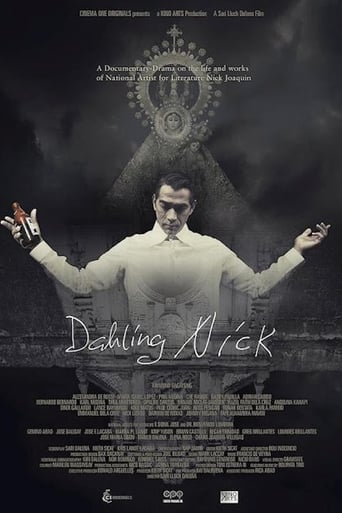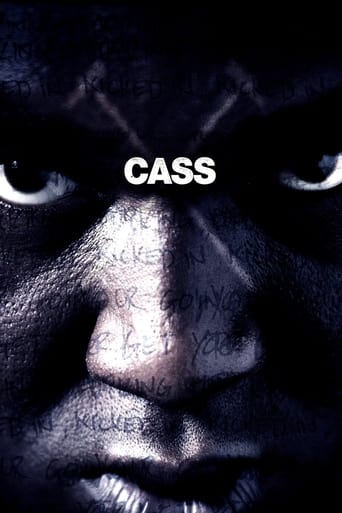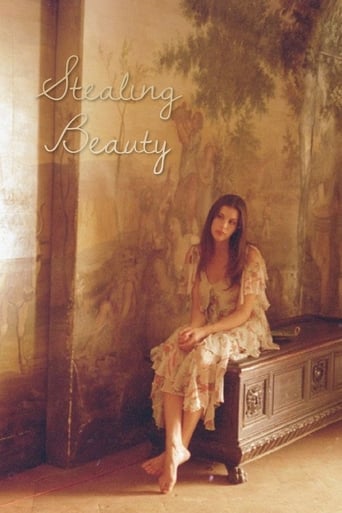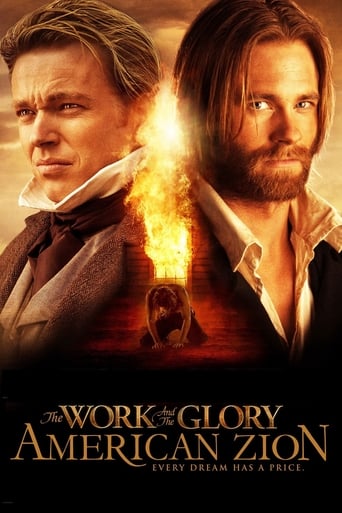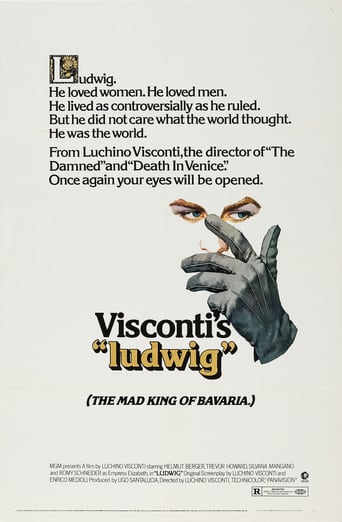
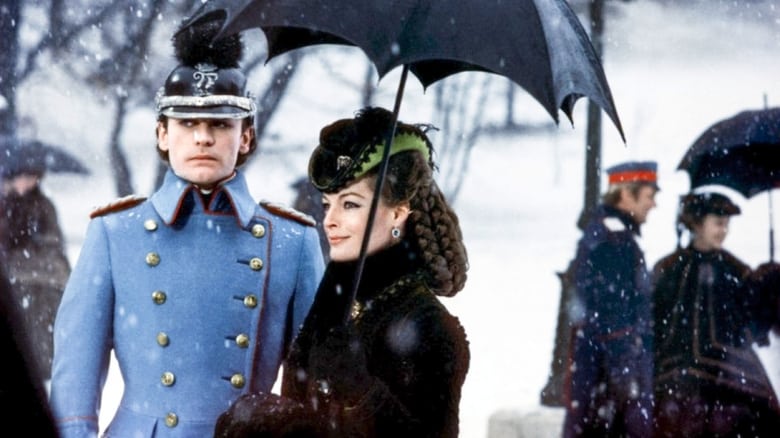
Ludwig (1973)
Historical evocation of Ludwig, king of Bavaria, from his crowning in 1864 until his death in 1886, as a romantic hero. Fan of Richard Wagner, betrayed by him, in love with his cousin Elisabeth of Austria, abandoned by her, tormented by his homosexuality, he will little by little slip towards madness.
Watch Trailer
Cast


Similar titles
Reviews
Based only on the first half of this film (divided into 2 DVD's) I'd rate the film 9 out of 10. The film brings into focus how Ludwig falls forever in love with Sissi, the Queen of Austria; a girl clearly out of his reach but who ties him into knots with her beauty and personality. Romy Schneider returns from the 3 Sissi movies agreeing to play the part only if she could play it with honesty, including all her disillusion with her marriage as well as being queen. Ludwig realizes Sissi has caught on to his flaws, that he's a very insecure man who clings to better people to create an aura of stature. His ill-fated solution is to propose marriage to Sissi's sister, Sophie; if you can't get the one you love then grab up her sister. Truly heartbreaking, even for royalty and all their power.All this is destroyed in Part Two wherein Visconti fabricates a homosexual theme, putting it into graphic terms. In 1972, this was supposed to be daring and brave filmmaking. This theme negates the unrequited love theme we've just spend two hours on. The important thing is that history does not show any hard evidence of Ludwig being homosexual. Because he was lonely from the loss of his true love, and backed away from marrying the sister, he's given a bum rap; here sensationalized by a cinema hack.
Being offered something common (no matter if it is a painting, a musical bit, a play or a movie) one can praise it, criticize it, evaluate it according to some standards. Yet, what happens if one encounters something elaborate, something that knows no limits of standardized conventions, something that follows no paths of shallow commonness? This seems to be the case with a few pearls of artistic cinema, including LUDWIG (1972) by great aristocrat-director Luchino Visconti (1906-1975). As Visconti's most underrated work, this is the film that I have owned for 5 years, the film I have seen a considerable number of times; yet, the film I have found so hard to fully understand. Nevertheless, a rhetorical question seemed to help me in such a lack of understanding: is it possible to fully understand a human being, is it possible to fully understand oneself? The similar idea appears to be hidden in this film.LUDWIG, as it is well known, tells the story of the 'eccentric' (for some) or 'fairy tale' (for others) king of Bavaria, Ludwig II (1845-1886) who is now famous mostly among tourists who visit the elaborate, almost dreamlike castles in the southern Land of Germany. While getting to know his psyche, we realize that Ludwig was an extraordinary psyche, someone filled with contradictions, absorbed in struggling for the sublime beauty, living seriously within the illusive walls of an unfulfilled reality. Meanwhile, Ludwig, with certain characteristics, appeared to be 'much ahead of his time.' Visconti, having deeply analyzed the phenomenon of that man, not only develops these aspects but brings them back to life by means of three miracles on screen: flawless direction, breathtaking sets and talented cast.Although some people may detest Mr Berger for some opinions expressed in public, we cannot deny the fact that the film owes much to him. Berger appears to give one of the most sublime performances in the leading role. He makes LUDWIG a genuine analysis, a must see for all movie buffs by portraying a unique, sophisticated man threatened by fears, filled with dense emotions, carnal pleasures, suffering from the quest for the blissful and illusive reality; an eccentric experiencing the storms of mind, an artist-dreamer gradually disillusioned by the mute world of contemporaries. How modern and, yet, how universal the character appears to be in his search for the individual world! All this is so well manifested that the viewer is not merely watching, being an observer of the character's hard states of mind: he/she is experiencing a slow, perhaps sometimes tedious, but exceptionally claustrophobic journey with the main character; yet not so much the journey of tear-jerking sweet compassion but something far more than this, something revealed in the self-reflection. Berger and Visconti allow us to experience this journey into the mind of a human being that aims at being uncommon rather than decent. Gradually, we are led into the strange world of the king and, unexpectedly, into the unknown perceptions that we ourselves own. We get to know Ludwig as the feminine moon rather than the masculine sun. He is not ready to make love to women because his feelings occur to be the personally peculiar inventions of his mind. Therefore, he turns to homosexual pleasures being, in this way, a reflection of Visconti himself. Extraordinary images of lavish elegance, subtle imagination throughout the film besides the aforementioned Berger's exceptional talent and Visconti's excellent direction help us in this journey.When we consider other performances, Romy Schneider seems to be the other 'treasure' of the film...not as beautiful yet saccharine Sissi but as delicious, disillusioned, mature Empress Elizabeth. Her strongest point here is the cold attractiveness. She is the absolute female beauty, the 'dove' Ludwig is impressed by; yet, a woman he finally does not let into his castle. Although I very much appreciate her role in Marischka's SISSI trilogy (1955, 1956, 1957), I must admit that here, at last, under the direction of great maestro whom she highly respected, Romy was able to interpret Elizabeth in the accurate manner. She perfectly portrays a very independent yet contradictory character who is already aware of the fact that history forgets us and the bitter conclusion that the world does not care. Her appearances in the movie are astounding including her looks, her acting and her wardrobe, mostly black which is inspired by the later photos of the Kaiserin Von Oesterreich.The great performances are also given by the supporting cast, in particular Trevor Howard as king Ludwig's idol-composer Richard Wagner with his destructive manners, extravagant nature yet powerful illusion resembled in 'a figure' so much glorified and appreciated within the mind of the king. I also liked Silvana Mangano as Cosima, Wagner's wife whom he offers an unusual Christmas gift in the memorable scene...However, it would be highly unjust to claim that only performance make the movie an elaborate cinematic production. It is much more, it is foremost VISCONTI, his unique style focused on single important details and the entire psychology of the character's development. Besides, it is the clever script and authentic sets including Neuschweistein Castle, Herrenchiemsee, Bad Ischl, etc. It is, finally, the musical score that appears to be beautifully fitted within particular scenes that one cannot omit. Therefore, any shortened version does not make sense at all as Wolfram Schütte nicely put it (1975) referring to omissions: "Who has seen the film in Germany has, in fact, never seen it." Highly recommended movie and a must DVD release! 9/10"Du Warst Ein Maerchenkoenig, Die Freiheit Das War Dein Tron...Koenig Ludwig, Wir Vergessen Dich Nicht" (you were a fairy tale king and freedom was your throne...king Ludwig, we won't forget you). So says a German 'Lied' (song) by singer Bianca. Utopian as it may seem, isn't that, after all, something we really don't forget?
So much could have gone wrong with this follow-up to Visconti's deeply flawed "Morte a Venezia": the treatment of Ludwig II's (dream-)life could have resulted in hokey mystification; Helmut Berger's impersonation could have been badly influenced by the actor's frequently mannered performances; re-casting Romy Schneider as Sissi could have been a mere folly; and stretching the running-time to four hours could have been the nail in the coffin.But miraculously, it all works: Visconti's elegant and empathic direction finds the right biographical tone; Berger has never been better; Romy is simply dazzlingly charming and witty in her second, much more mature approach to the Sissi character; and (except for the bumpy last hour) there's not a single unwanted scene.Plus, Trevor Howard's Richard Wagner is a real treat; the other supporting actors are uniformly excellent; Ludwig's dormant homosexuality is subtly handled; the soundtrack is a marvel and visually, it's Visconti's most impressive work.9 out of 10 moonlit horse rides
Ludwig truly is Visconti's magnificent epic masterpiece. The life of Ludwig II of Bavaria is truly worthy of a great film epic and Helmut Berger is amazingly good in the lead role. The exquisitely beautiful Romy Schneider is incredible as Ludwig's cousin Empress Elisabeth of Austria. The costumes and settings are truly magnificent. Visconti has actually gained access to some of the original locations which make his film truly wonderful. Castle Nymphenberg is truly beautiful. The luscious coronation preparation scene is truly evocative of the period with the magnificent uniforms and court dresses. Izabella Telezynska is amazing in the role of Queen Marie of Bavaria, Ludwig's Mother as is Gert Frobe as Ludwig's confessor. The very talented Helmut Griem is fantastic as Count Durckheim as is Trevor Howard as Wagner. The odious Professor Dr.Gudden is well played by Heinz Moog. John Moulder-Brown is also very good as Ludwig's younger brother, Prince Otto. This truly is a masterpiece of cinema.



